QuestionI have a horse with ulcers and its hard to find a well rounded feed for this type of problem. We are treating with omeprazole now and I would like to know about formulating a feed for my horse. I am thinking about buying a 50lb bag of rice bran, a 50lb bag of alfalfa pellets, a 50lb bag of calf manna and mixing them altogether. Would this be an adequate and beneficial food source for a 4 yr. old QH gelding that barrel races? He is also out on pasture 24/7. I will supplement with a mineral feed tub that he has free access to. I would begin feedings of 3 lbs 2x daily. What do you think of my proposed feed? Will it meet his nutritional needs? Should I add something else to my formulation?
Thank you,
AnswerHi Michelle,
Thank you for your question, sorry it has taken me a while to answer it for you. Feeding a horse with ulcers can be a bit of a chore...and certainly does require some special attention. There are some key points to remember when establishing a diet for horses working through an ulcer problem.
Horses can develop ulcers for a variety of reasons and knowing the root of your horses case can help you develop a suitable ration. A horse's digestive system is different than ours in that it secretes digestive enzymes into the stomach 24 hours a day, despite the presence or absence of food. If there is no food there to absorb the very acid enzymes, the acid builds up and erodes away at the squamous cells of the upper wall lining. The erosion of the stomach wall is an ulcer. This is why it is essential that horses do NOT go without food for any longer than 4 hours at a stretch. Having long stem forages (grass or hay) in the stomach all the time will soak up the acid and prevent erosion of the stomach lining. So although alfalfa pellets are technically quality forage, it may not be the best idea from a management standpoint. It is also recommended that you avoid starch based feeds for horses with ulcers. Starch is quickly broken down in the stomach and can irritate the acidic condition...instead choose fat and fiber based feeds. Calf Manna is a decent feed for horses (although not specifically formulated for them) and I generally don't hesitate to recommend it...but it does have starch in it so in your case I would not suggest it. The rice bran is something that you can safely feed, and is a great source of fat in the diet. If you let me know what feed company you have access to or prefer to deal with, I can help you choose a feed that will help your horse's performance without irritating the stomach.
There are a couple of other things that can cause ulcers that you may want to look out for to help prevent continued issues. NSAID (non-steroidal anti-inflammatory drugs) like bute can cause ulcers if fed long term. Their mode of action of course is to eliminate swelling, but there is a normal amount of swelling of the mucosal lining of the gut that protects it. In feeding bute, that safe amount of inflammation disappears and leaves the stomach lining even more susceptible. If you know your horse is going to have to be on this type of drug, ask your vet for medication to protect the stomach. It is not something they will normally prescribe unless you tell them your horse is prone to ulcers. Even more interesting is the fact that the presence of mycotoxins in feeds (mostly grain, but sometimes in forages) can cause increased production and secretion of digestive enzymes...which in turn means more stomach acid than normal. If you suspect this to be the case for your horse, you can feed a mycotoxin binder to eliminate the issue. This increased enzyme production will also occur in the presence of increased blood histamine levels, so a horse that has an overactive histamine response (ex. allergy issues) can experience ulcers more quickly than others. This is a little harder to remedy through feed. If you have not already done so, speak to your vet about the cause of the problem.
So to recap, feed lots of long stem forage of some sort. Either allow it free choice, or feed it in small amounts often through the day. Stay away from starch sources in your feed, and instead choose fat and fermentable fiber sources for additional nutrients. Supplemental mineral is just fine fed free choice. Feed grain meals in small portions more frequently throughout the day...so in your case 3 feedings of 2 pounds per feeding is a better idea. Some people suggest not feeding anything in a pellet format because it breaks apart so quickly and further irritates the ulcers but I'm not sure much is gained by avoiding pellets.
Let me know if you need help finding more suitable grains sources, and I can make some suggestions.
Thanks, Corlena

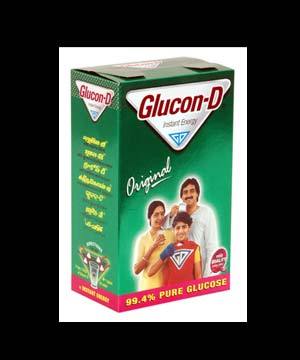 adding rehydrating supplement in the water bucket
Question
glucod D
hello maam, here in india, cl
adding rehydrating supplement in the water bucket
Question
glucod D
hello maam, here in india, cl
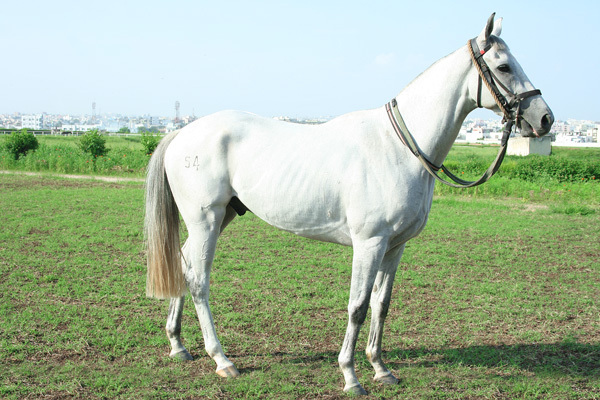 guessing the horse weight seeing it
Question
guess weight
hello maam. this is a thor
guessing the horse weight seeing it
Question
guess weight
hello maam. this is a thor
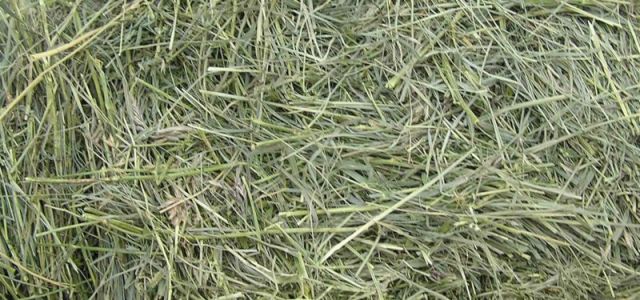 grass hay
Questionhello sir, what is grass hay? is it a type of h
grass hay
Questionhello sir, what is grass hay? is it a type of h
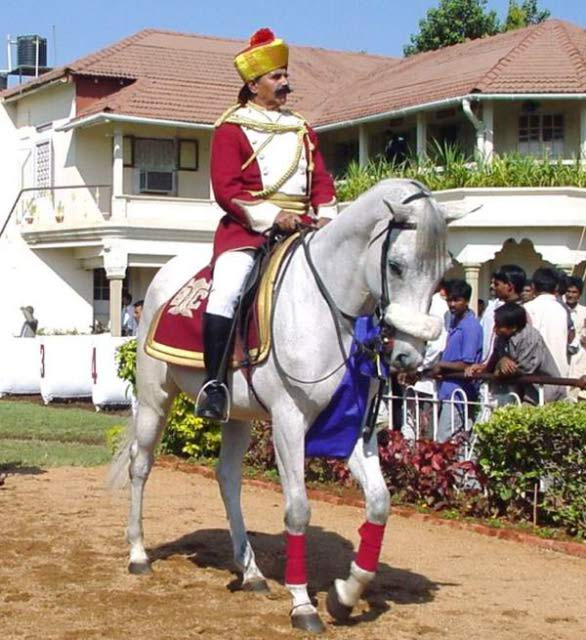 horse appearing fat
Question
horse appearing fat
hello maam, is this
horse appearing fat
Question
horse appearing fat
hello maam, is this
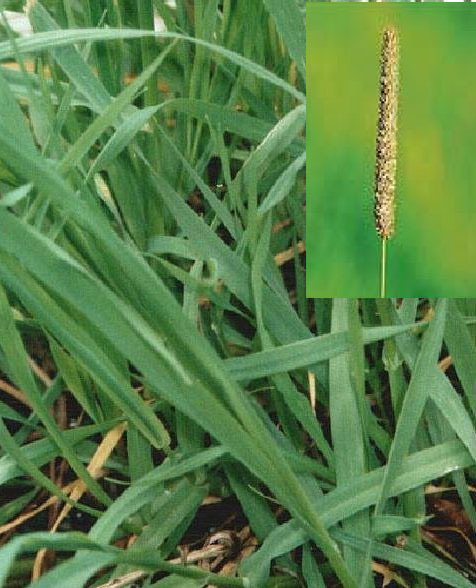 which breed fo grass is this one
Question
which breed fo grass i
hello, what breed of gr
which breed fo grass is this one
Question
which breed fo grass i
hello, what breed of gr